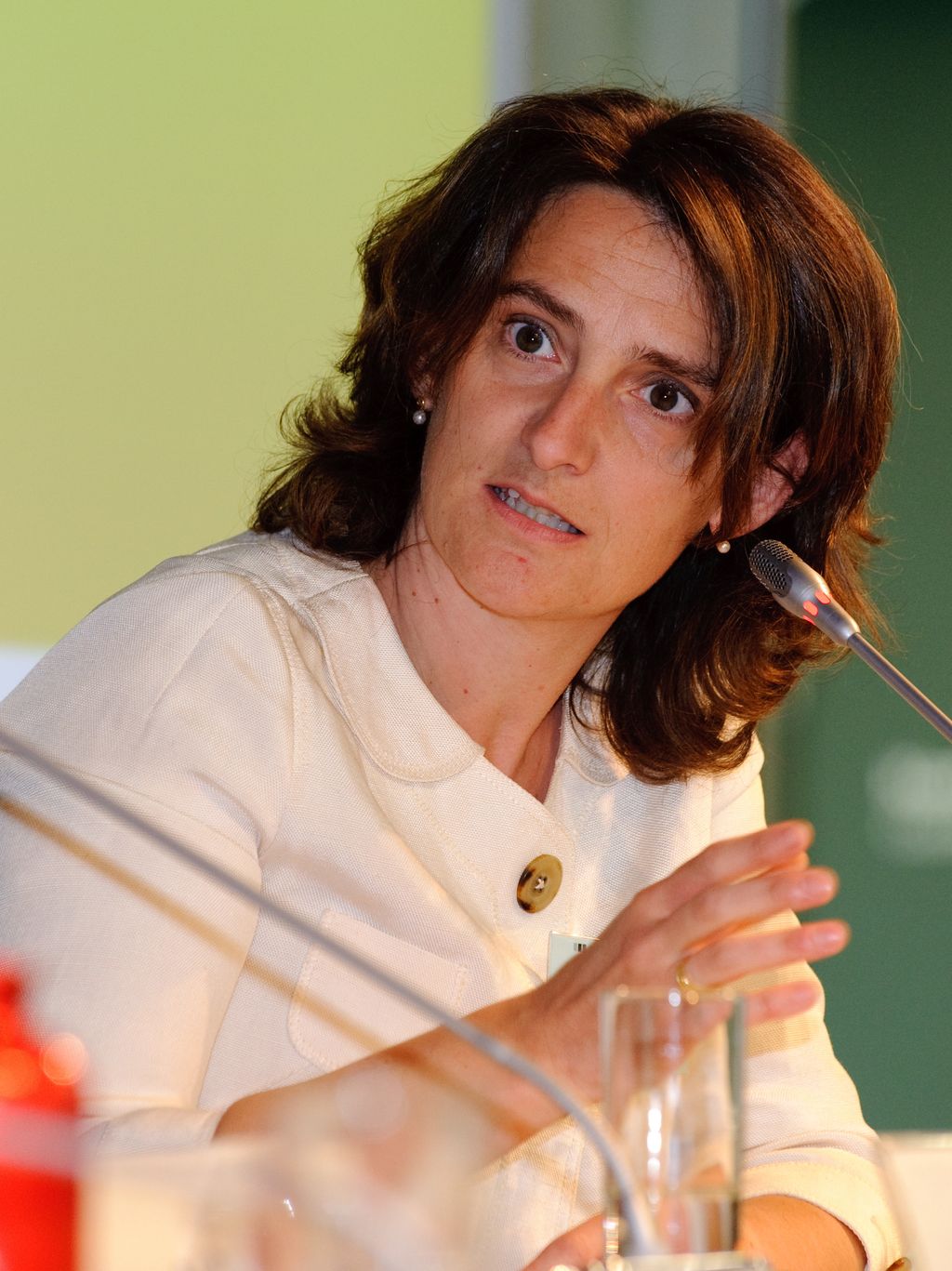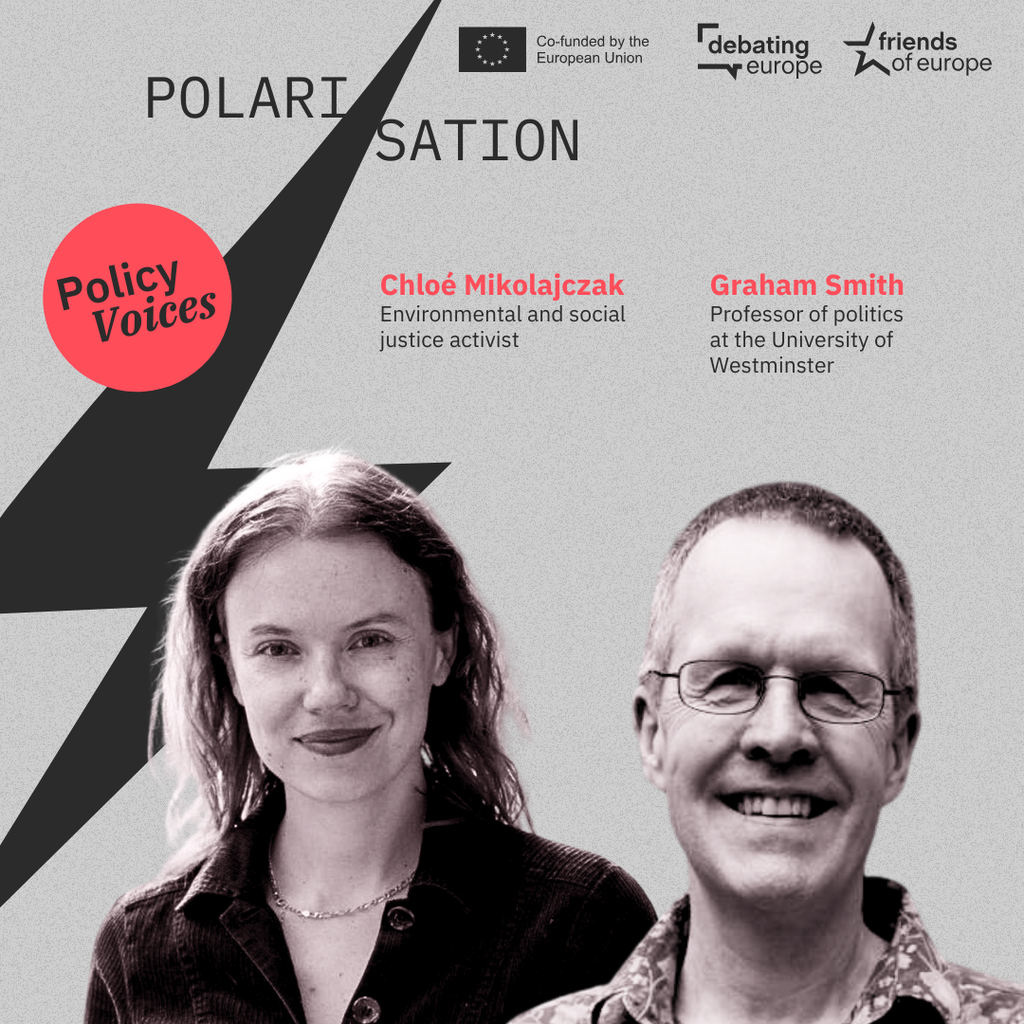Climate and Energy Summit 2025
Next event In person & livestreamed

- Area of Expertise
- Climate, Energy & Natural Resources
Climate, Energy & Natural Resources

Spanish Minister for the Ecological Transition
Europe is no longer the world’s unrivalled leader on climate change. That in itself is encouraging; it means many others have taken steps forward. But it also means the time has come for a new form of leadership with the goal of a fair transition that combines domestic environmental policies with more innovative co-operation between governments.
Europe has already delivered impressive results. Emissions have fallen by 19%, when GDP has grown by 45%. That’s an example of decoupling emissions and prosperity that should inspire the world. But EU member states still have to overcome their preoccupations with national sovereignty if they are to promote coherent emissions reduction policies and transform their energy models. If Europe as a whole can improve the implementation of its environmental policies, that would be an important pathway towards a decarbonised and resilient world economy.
The EU’s renewed leadership should entail a willingness to explore fresh ways to increase ambitions and demonstrate the benefits of decarbonisation
Europe has a hugely important international role to play. Its economic weight is not as substantial as it once was, but collectively it remains the world’s largest economy. Global diversity is making climate change negotiations more complex than ever, involving more players and interests. The EU’s renewed leadership should entail a willingness to explore fresh ways to increase ambitions and demonstrate the benefits of decarbonisation.
Europe explored just such an approach at Copenhagen in its often misinterpreted move to raise the stakes and push the U.S. and China as far as they would go. But although the solutions Europe has long promoted – a single global carbon market and a structured compliance mechanism – may be excellent solutions, they are not realistic. The complexity of the problem and the number and diversity of players mean that an effective climate agreement must be more flexible than the one the EU once sought.
To renew its leadership, Europe must continue to push for clear long-term rules for climate co-operation that balance flexibility and structure
Europe needs an approach based on learning, not lock-in. The EU should encourage ‘positive envy’ and foster a dynamic where ambition and climate coherence are seen around the world as a desirable model to imitate.
To renew its leadership, Europe must continue to push for clear long-term rules for climate co-operation that balance flexibility and structure. That involves a sound understanding of the needs of vulnerable countries and the middle powers of the negotiation. It must also be creative and imaginative enough to offer both prosperity and resilience.
Europe should also build on its own domestic policies. These have been tarnished by the economic crisis and by internal EU frictions, but Europe nevertheless remains a world leader in efficiency, renewable energy and clean innovation. It must continue to aspire to being a model for an emerging world that faces such serious resource and environmental challenges.
Next event In person & livestreamed

Past event In person & livestreamed

Past event In person & livestreamed

Past event In person & Livestreamed





Stay informed
We use cookies and similar technologies to adjust your preferences, analyze traffic and measure the effectiveness of our campaigns. Learn more about our privacy policy.